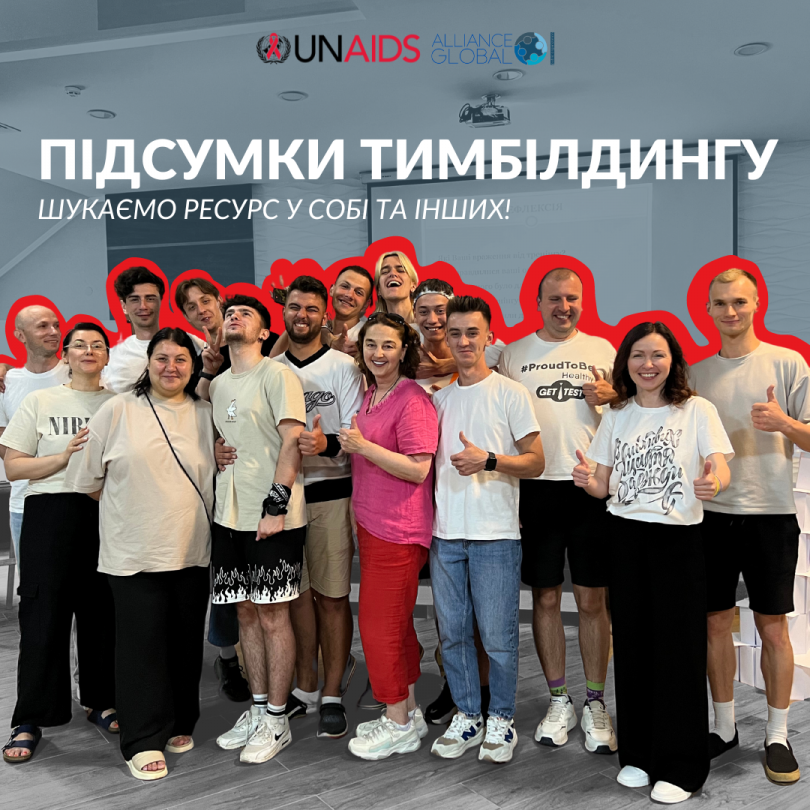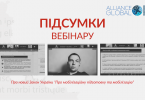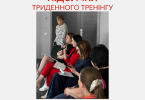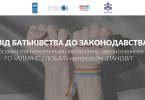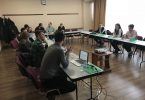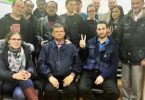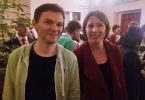From 20th to 23rd June, part of the PO “ALLIANCE.GLOBAL” team participated in a team-building exercise to explore their strengths, understand their channels for resource replenishment, and, of course, discuss our values as a team and community.
During our work, we focused on how we interact with ourselves, learned to listen to our bodies, thoughts, and emotions, explored our team dynamics, and delved into the universe of interaction with our broader community of friends, donors, and clients.
Knowledge is indeed power, which is why we’re keen to share with you the insights, techniques, and thoughts we gained together during the training because “sharing is caring”!
Let’s start with an interesting exercise called the “Conditional Behavioural Matrix”. In short, it’s about the roles we take in team interactions and which actions are most characteristic of us. Here are the main 4 types of people in a team:
- Controllers — These people value clarity, consistency, and control over processes; they are leaders in their field.
- Supporters — These individuals prioritise care and concern for their colleagues’ wellbeing. They’re the ones who might bring flowers to the office, order pizza, or organise team-building activities.
- Analysers — They best understand the current state of affairs; they are true researchers and rationalisers simultaneously. They possess a wealth of information and are results-oriented.
- Drivers — The creative core of the team. These are the people who generate ideas, innovative solutions and approaches, and propose unusual ways to solve quite ordinary challenges.
Let’s move on to the personal context, as harmonious teamwork begins with harmonious interaction with oneself. During the training, we recalled the “Extreme Suitcase” exercise. This is about items, aromas, movements, music, texts – everything that brings joy, satisfaction, peace, and focus. We recommend you take a moment to write down a list of such things for yourself, so you know exactly what can stabilise you in difficult times.
We can’t overlook the BASIC PH resource channel model — this is a model, or rather a technique, that helps us understand our sources of resource and replenishment of life forces and inspiration. Each letter of the acronym represents a certain source or “channel” that we can use in different situations:
- Belief — Life philosophy, beliefs, values.
- Affect — Expressing feelings and emotions, identifying them.
- Social — Belonging, family, friends.
- Imagination — Imagination, fantasies and dreams, humour, creativity.
- Cognition — Planning, prioritising, learning, knowledge and information.
- Physiology — Practical activities, sleep, food, sex.
By understanding our resource channels, each of us can learn to effectively navigate stressful and crisis.
Over these 4 days, we definitely immersed ourselves in exploring different parts of our “self”, its awareness and acceptance, which strengthened us in our work as a team!
Alliance.Global expresses gratitude to the Emergency Fund of the Joint United Nations Programme on HIV/AIDS in Ukraine (UNAIDS Ukraine) for the financial support of this event and many other activities aimed at improving the quality of life and health of MSM/LGBTIQ+ people who found themselves in difficult life circumstances due to the war, and our organisation’s employees.
